the
boundaries of
what’s possible
Swipe Up
H.R.H. Princess Delayel Bint Nahar Al Saud,
I am deeply grateful and honored to address everyone involved with the historic Diriyah. Our appreciation extends not only to the numerous successful initiatives, events, services, and programs developed here over the years but also to Diriyah’s visionary outlook for the future of Saudi Arabia and its unwavering commitment to all who call the Kingdom their home. This commitment notably includes efforts to improve our physical and mental well-being.
The dedication is evident in the unprecedented opportunities provided to us, regardless of ability, age, gender, or background. It's about empowering us to be more capable, competitive, and community-minded. The transformative impact of Diriyah has been profound, inspiring significant positive change throughout Saudi Arabia. It stands as a poignant reminder of the significance and achievability of this change, not only for us but for generations to come.
About us
At its most simple, KUN is a platform dedicated to positive change – following in the footsteps of its mother-company, RUKUN CREATIVE EXCHANGE; a for-profit social enterprise that uses commercial strategies to maximise improvements in social, urban and environmental wellbing, and develops solutions to empower and invigorate the creative economy in the region.
Through KUN’s carefully designed programs and services, we aim to set a new standard in personal growth and leadership development — creating positive change for individuals, communities, the environment, and the economy.
Research:
Overview
Before explaining more about the programs themselves however, I’d like to put KUN into context a little bit more.
Though relatively limited, there is still some significant research, data and statistics related to wellbeing, personal development, leadership and sustainability that can help us to understand certain challenges within Saudi Arabia and around the world, and what we need to do to address them.
First and foremost, we must look at the current situation for young people. If we are serious about building a better, healthier, more sustainable, future, we must focus on our youth and how we can provide them the best support possible.
Research:
Youth
Wellbeing
In order to create this foundation, we need to bring mental health much more into the open. We need to address it compassionately, and with our eyes wide open.
We are not only honouring our youth but understanding, respecting and addressing their challenges and needs in the right way.
In 2019, the results of the Saudi National Mental Health Survey revealed that 34 percent of Saudis met the criteria for a mental health condition some time in their lives, but only 13 percent of Saudis seek treatment for their mental health condition per year.
Research:
Family
Research: Family
A separate study done among secondary school students aged 10 to 19 highlighted the role of the family in improving youth wellbeing. The study found that poor relationships with parents to be among the leading reasons behind feelings of sadness, hopelessness and worry. Other reasons include negative body image and chronic illness.
Research:
Schools &
Work
places
85
%
of parents agree schools should play a bigger role in training people to solve today’s mental health issues
61
%
of people globally believe children should be introduced to wellness and mental health awareness in primary or middle school
Schools and employers must also be taken into account here.
Pearson’s Global Learner Survey 2022 showed that 85 percent of people globally expect their employers to address the mental health and wellbeing of employees, 92 percent of parents think schools should provide free mental health services to students and staff, but only 26 percent report these resources being available at their child’s school, while 32 percent of employees say their employers have not taken any action to address mental health and wellbeing.
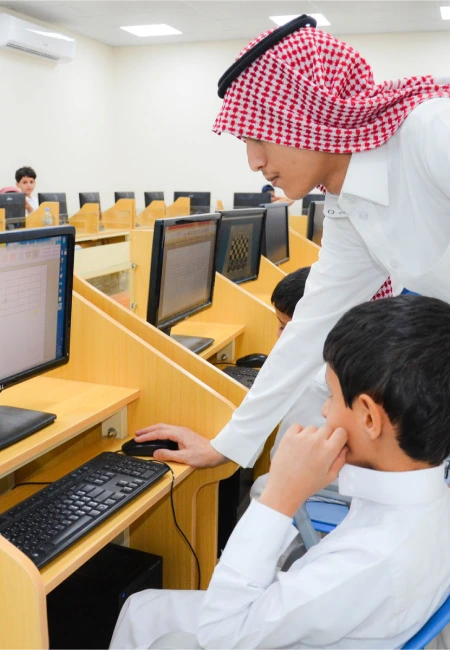
Research:
Youth
Empowerment
82
%
of Saudi citizens believe youth empowerment is crucial to sustainable development in the Kingdom
61
%
of people believe that youth empowerment positively impacts cross-sectoral national development
This is where youth empowerment comes in. By helping people to know themselves and what they are capable of, the knock-on effects can be huge - from a surge in entrepreneurship, creative approaches to national and global challenges, greater economic and sporting competitiveness, and more.
And again, there is a thirst for it
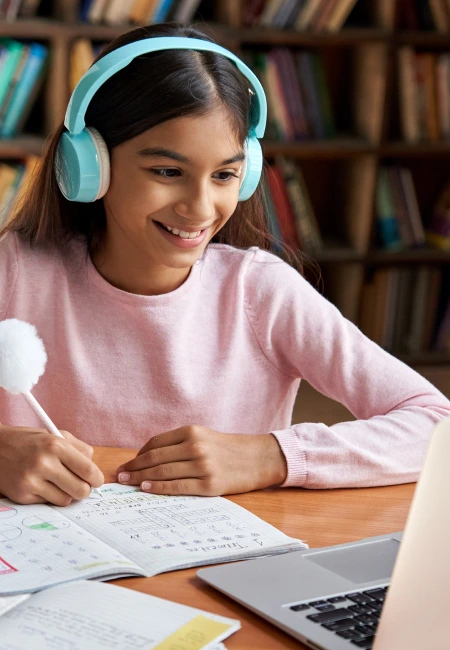
Research:
Leadership
On the theme of leadership, there is important work for us to do to ensure Saudi Arabia’s youth are equipped with the skills and tools they need to lead in the years ahead. Its research found that while leaders in Saudi Arabia are reasonably well
prepared to manage certain changes, know what to do to achieve key results, and are able to influence leaders above them, they face challenges related to leading themselves, leading their teams and leading organisations.
KUN and Vision 2030
This style of leadership is already being modelled in Saudi Arabia by His Royal Highness Prince Mohammed bin Salman, whose Vision 2030 is a North Star for anybody in the Kingdom looking to create positive change.
KUN is no different, and we are proud to say that our aspirations are absolutely aligned with the Vision and its three overarching objectives of A Vibrant Society, A Thriving Economy, and An Ambitious Nation.
Research:
Global
Initiatives

One such is the United Nations’ Sustainable Development Goals – particularly Goal 3: Ensure healthy lives and promote wellbeing for all at all ages, and Goal 4: Quality Education. These Goals highlight the size of the global challenges at hand, and we believe we can help Saudi Arabia become a world leader in reaching these Goals, and an inspiration to other nations looking to do the same.
We also align with the United Nations’ Youth 2030 program, which focuses on social skill training to give young people the best chance of living positive and fulfilling lives, and the World Health Organisation’s youth initiatives, which are dedicated to promoting life skills and social development such as anger management, conflict resolution, and problem-solving abilities.

Saud centeric
Initiative
While these international collaborations are important, however, it is essential to reiterate that KUN is a project by and for Saudi Arabia. We are proud of our nation, and we want to help it grow from within, letting Saudi be the best, most authentic Saudi possible.
We do not believe it is in our interest to take programs, curricula and models from elsewhere and try to copy-paste them onto the Kingdom, especially when incompatible or incongruous to our society culture, religion, and national development plans. We believe the country’s best change of reaching its full potential is to develop home-grown leadership the Saudi way – knowing what’s best and right for the Kingdom, and doing what’s best and right for the Kingdom. Not compromising our national character by adopting strategies from elsewhere that don’t fit with our culture.
The Kun
Program
The program will welcome attendees across four age groups and possibly more.
It will feature life-changing programs designed and structured to respect and synchronise with the culture, religion and Vision of Saudi Arabia.
This will be a major step towards improving the social, emotional, professional and behavioural development of youth and adults in the Kingdom.
Programs &
Services
The programs will be spread across seven core hubs, each dedicated to a specific theme. These hubs include:
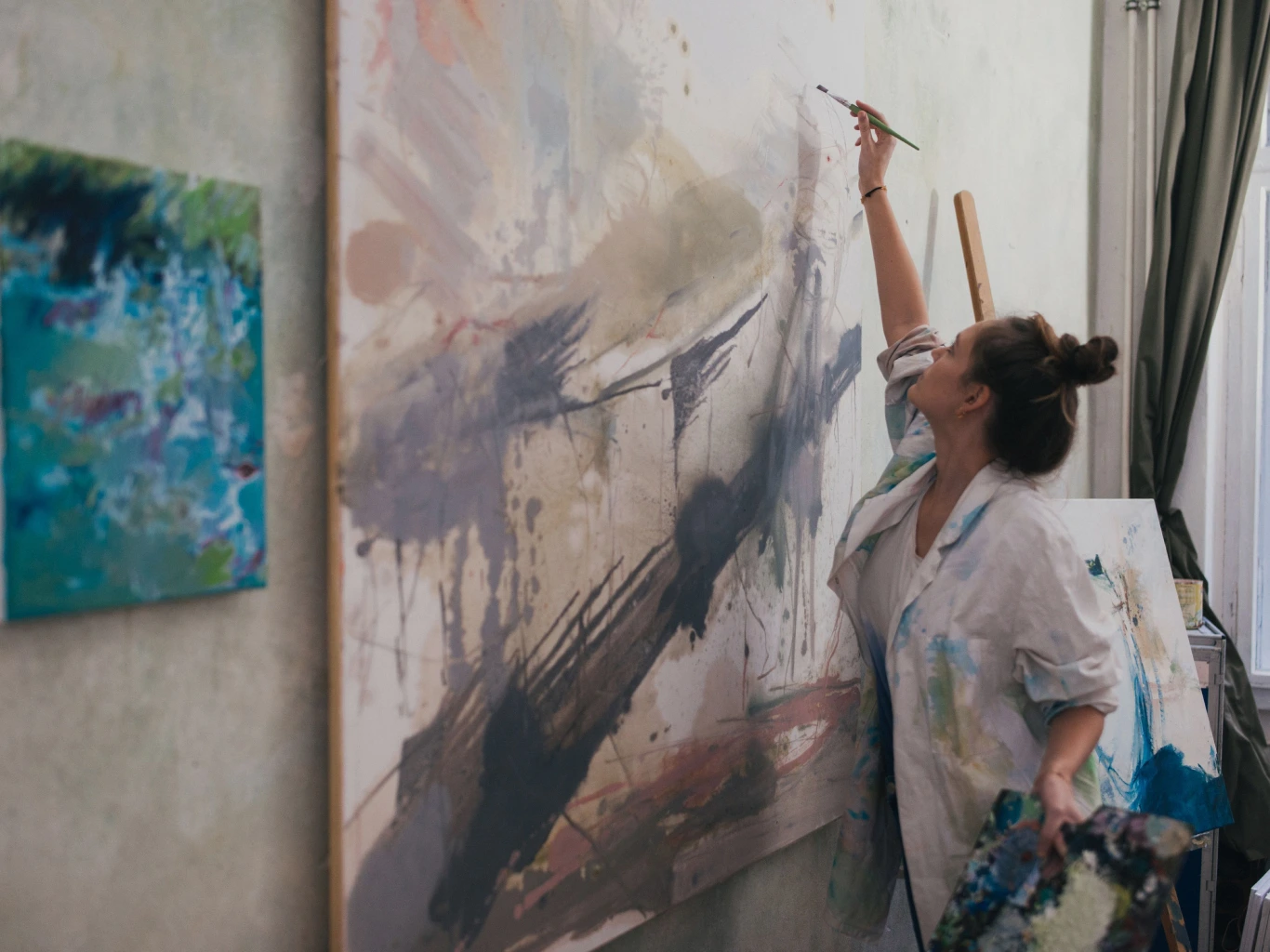


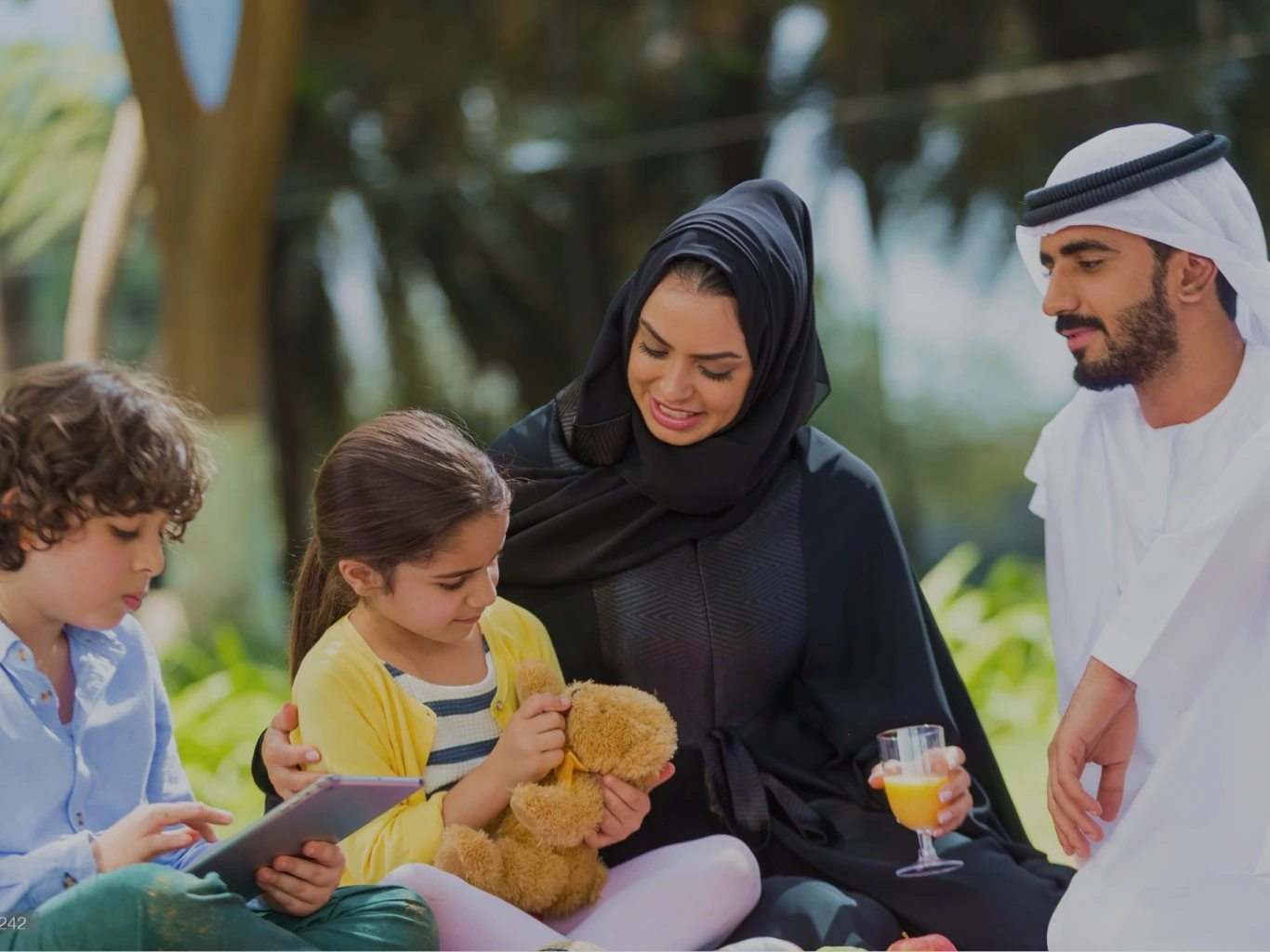
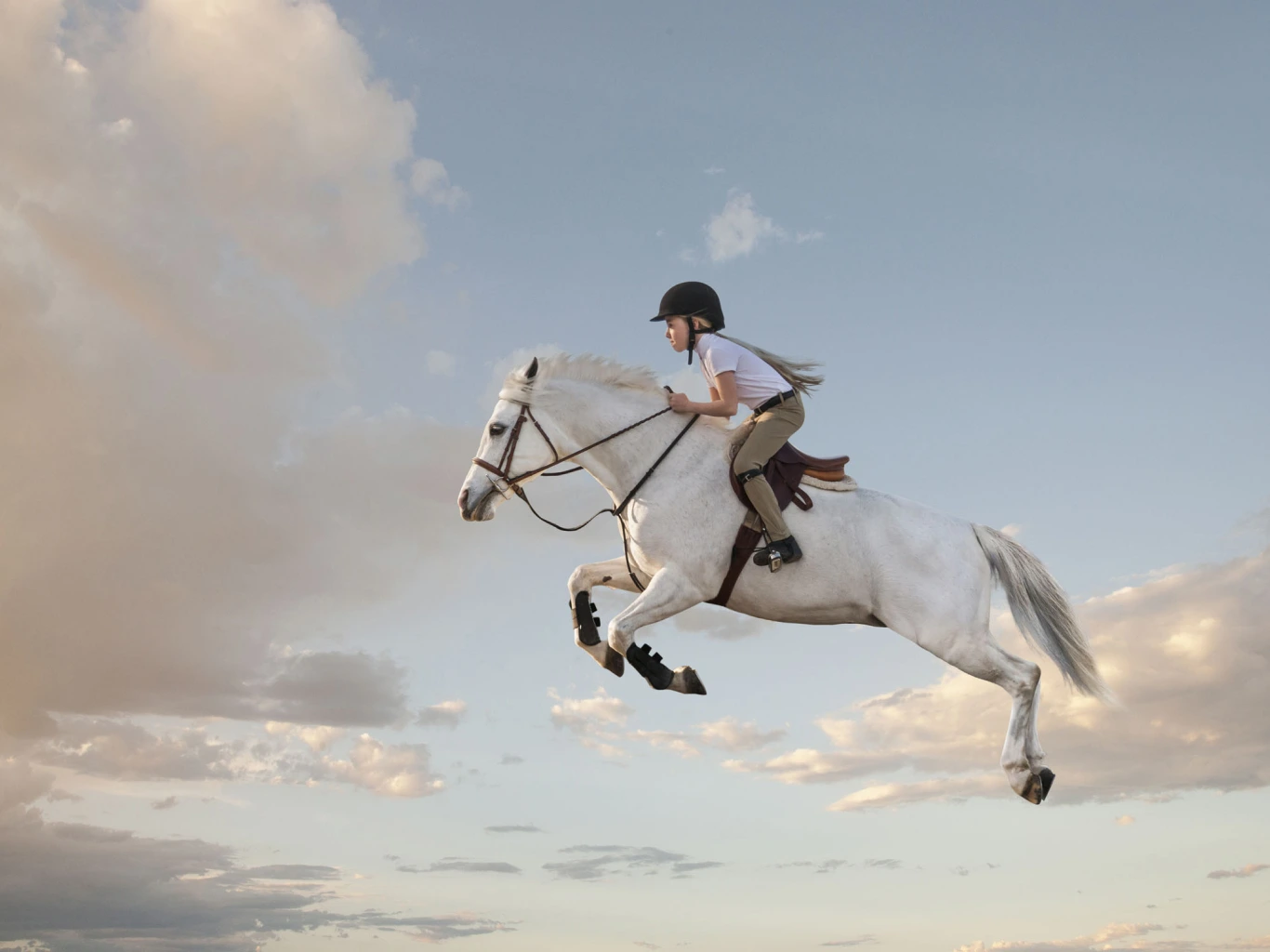

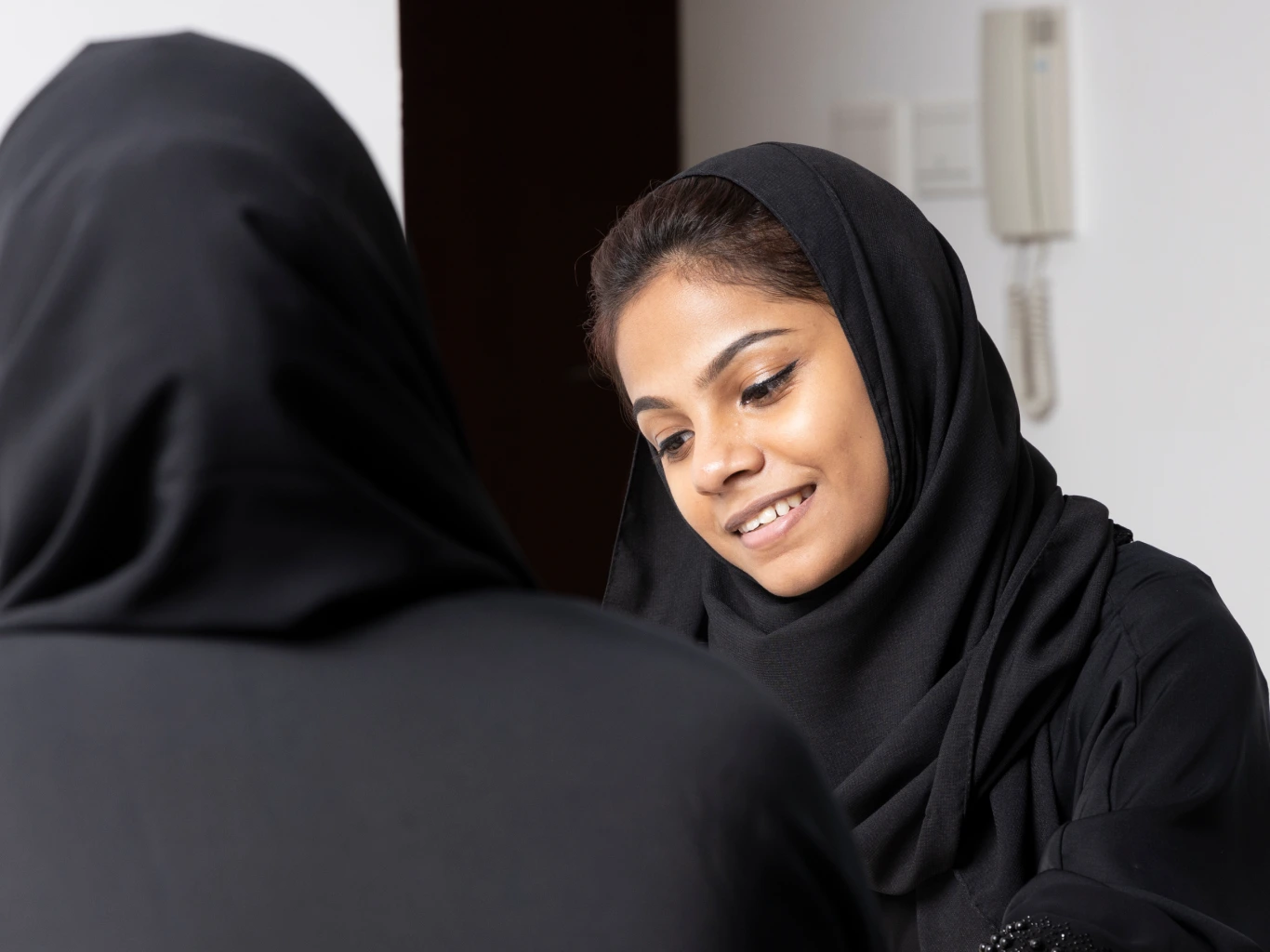
Programs:
The Art
Space
The multi-faceted and interactive Art Space will be dedicated to fostering creativity, innovation, and new ways of thinking and communicating.
Sustainability:
Rising
Saudi
Our Sustainability section is subtitled Rising Saudi, because we believe that Saudi Arabia can - should - emerge as the global leader in genuine, meaningful sustainability.
Leadership:
Future life
Skills
There is a natural tie-in with our Leadership programs here - an area dedicated to Future Life Skills.
Family Support:
Together We
Empower
Similarly, we will run a wider Family Support program, which we have subtitield Together we Empower.
Equestrian:
Creative
Empowerment
Featuring equine-guided programs that target a variety of skills.
Sports:
Physical & Psychological
Growth
We are also excited to have a Sports section at the event, which will focus on physical and psychological growth.
Mentoring:
Self-Discover &
Development
Our Mentoring programs will feature one-on-one sessions in which our mentors help attendees with their self-discovery and development.
Research And &
Findings
After the event has closed, it is important for us to learn the programs’ strengths and weaknesses and where we should focus more energy, as well as what the participants taught us about the needs of young people in Saudi Arabia, and the wider needs of the Kingdom as a whole.
We will also use the findings of the programs to continue our work with the students – engaging with them periodically over the course of a year to check how they are doing, what they are doing, and how much KUN has impacted their lives, as well as providing ongoing support through mentoring. As well as developing our youth, it is important that KUN develops as well, and this engagement will help guide and inform our future events, initiatives and programs.
A Sustainable
Program
A Sustainable Space
In line with our commitment to sustainability, we will make the locations of the event as green as we can – designed and operated to the highest environmental standards as possible. With indoors and outdoors venues to accommodate the range of programs we will undertake, KUN will work with sustainability partners to ensure that we are setting the right example and showing what a sustainable Space can look like.
Our
Team
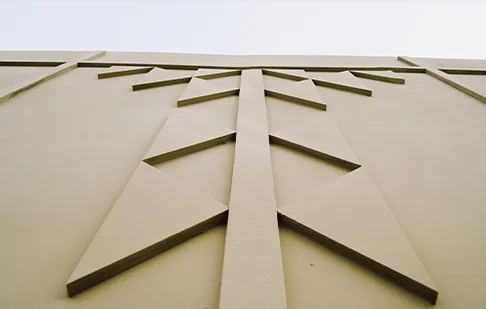
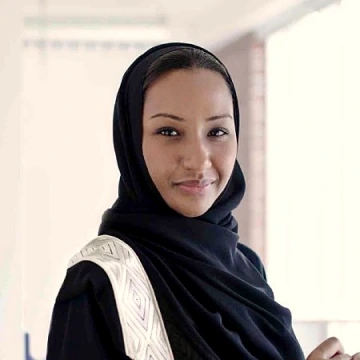
Our team is made up of experts in psychology, sustainability, equine assisted learning, family support, mental health, and other key areas, with program facilitators who are at the leading edge of their fields.
But even with such expertise at the helm, an event like this – with aspirations such as these, and a vision so big – cannot be done alone. It requires a strong team, with equally strong partnerships and collaborations.
As well as our carefully selected cohort of organisations that share the common goal of positive change, youth development and sustainability, we believe that the Saudi Equestrian Federation can play a vital role.
Our primary objective is to either refine the skills of exceptional equestrian athletes or enhance opportunities for the equine health and well-being of the community—your contributions make a meaningful impact. Through a variety of initiatives, facilities, programs, services, investments, and research, we aim to substantially improve both the community and the country at large.
The
Future
As I mentioned earlier, KUN is more than just a program. It is not a one-off initiative that ultimately fades in people’s memories. KUN is a platform that we intend to continually push the boundaries of what’s possible. A centre that is continually available to people; a centre that reimagines education, personal development, leadership, and sustainability. A centre that is innovative in its structure - doing away with outdated hierarchies, silos and management techniques and uses a progressive corporate framework that features cross-functional teams, values-based leadership, collaborative workspaces, and the best available green architecture.
Project
Roadmap,
tasks, and dates
Phase 1
Conception
& Initialization
Define Project Goals, Set Targets, Create a Project Charter, Appoint the Project Team, Create Project Plan and Budget.
Phase 2
Definition
& Planning
Define Scopes, Define Roles and
Responsibilities. Risk Assessment Plan and
Communication Plane.
Phase 3
Launch
& Execution
Phase 4
Performance
& Control
Track Effort, Track Costs and
Monitor Project Targets.
Phase 5
Project
Close
Handover Results
and Findings.
Project
Budget,


























